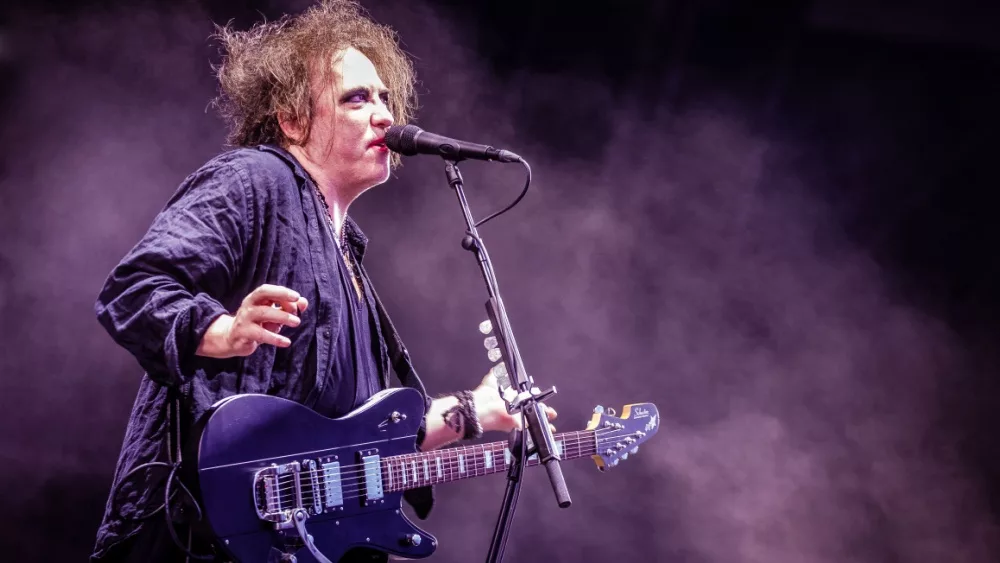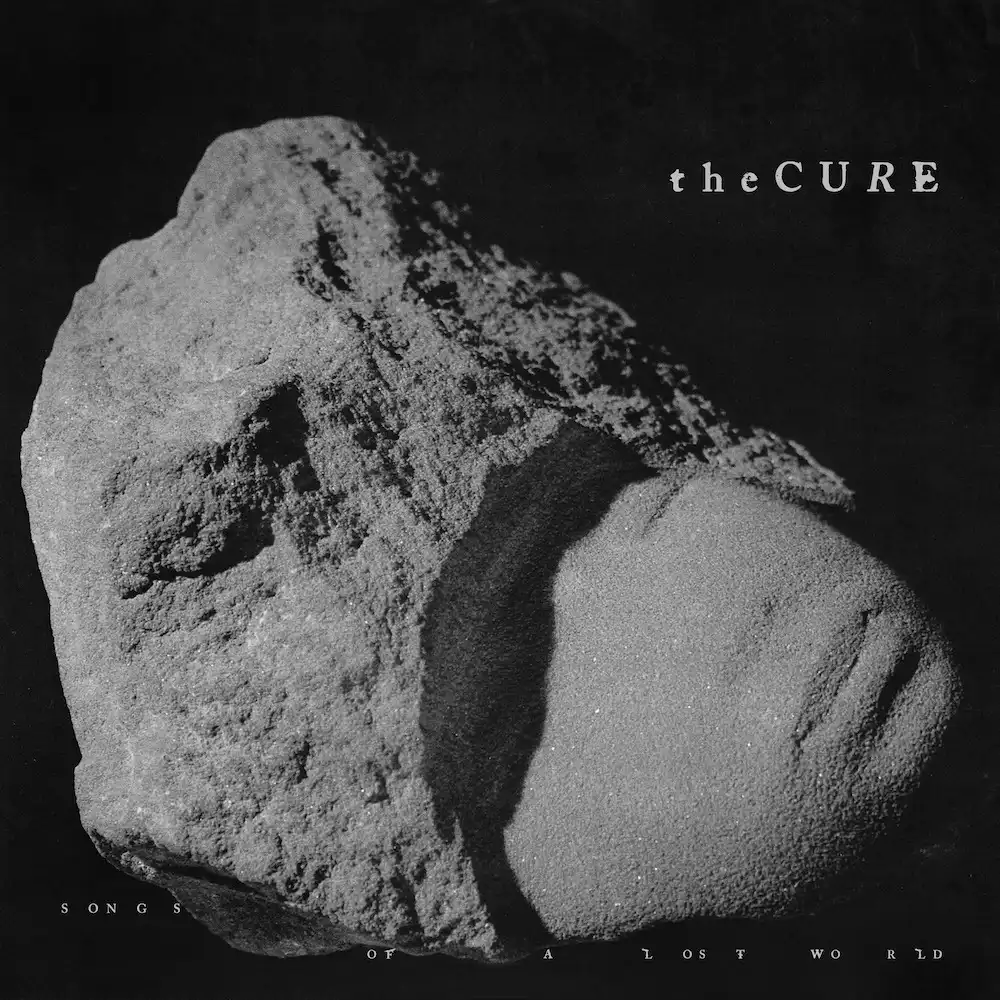Songs of a Lost World marks The Cure’s first album in 16 years, bringing fans back into the depths of the band’s iconic, brooding sound. With roots tracing back to 1978 in Crawley, West Sussex, The Cure evolved from punk into a major force in goth rock and post-punk. Frontman Robert Smith, the only original member, has guided the band’s sound with his haunting lyrics and dark aesthetic, which established The Cure as a staple of the 1980s music scene. Early releases like Seventeen Seconds (1980) and Pornography (1982) built their loyal fan base, while 1989’s Disintegration catapulted them to new heights with songs that balanced sorrowful intensity and mainstream appeal.
The wait for Songs of a Lost World has been long, with Smith hinting at a new album for over a decade. This album, unlike more polished productions of the past, offers a stripped-back, live feel that has impressed critics, earning an average score of 8/10. The sound here recalls the atmospheric quality of Disintegration yet incorporates new textures, thanks to guitarist Reeves Gabrels, who joined the band in 2012. Gabrels, known for his work with David Bowie, is restrained on much of the album but lets loose on “Drone,” where his dissonant, wah-drenched riffs add an edgy, contemporary layer to the music.

Opening track Alone sets a somber tone, highlighting bassist Simon Gallup’s rumbling lines, which add depth to the mournful lyrics. Gallup, the longest-serving Cure member besides Smith, shines across the album. His contributions are particularly poignant on All I Ever Am, a track previously unheard by audiences, where his fuzzed bass evokes a sense of melancholy that underscores Smith’s lyrics.
In contrast, Endsong, the 10-minute album closer, feels monumental, as Smith’s vocals arrive six minutes in, an effect that builds suspense and highlights the lyrics’ weight. Smith’s lyrical themes revolve around loss, grief, and memory—experiences likely amplified by personal losses in recent years. This focus is particularly potent on I Can Never Say Goodbye, a tribute to Smith’s late brother Richard, blending layers of rain sound effects with emotive lyrics, a familiar style for fans of Disintegration‘s “The Same Deep Water as You.”
The album balances introspective, slow-moving tracks with edgier cuts, making it feel carefully curated despite its long development. With most songs recorded initially in 2019, Songs of a Lost World avoids the pitfalls of over-production, instead feeling spontaneous and direct, as if the band were performing live.
Smith’s lyrics draw on literary influences, referencing Shakespeare and Ernest Dowson, deepening the album’s gothic texture. The production, led by longtime collaborator Paul Corkett, crafts an atmospheric wall of sound, with each song evoking a raw, cinematic quality. The emotional depth of Songs of a Lost World has resonated with fans, who appreciate its moody introspection as a return to form for The Cure.
In summary, Songs of a Lost World reaffirms The Cure’s ability to convey deep emotion and introspection through music that feels both timeless and current. Fans have waited for a sound like this—familiar yet fresh, mournful yet comforting—and, for many, the album has been worth every year of anticipation.
Releasedate: 01-11-2024 | Label: Polydor | Official website
Tracklist:
1. Alone
2. And Nothing Is Forever
3. A Fragile Thing
4. Warsong
5. Drone:Nodrone
6. I Can Never Say Goodbye
7. All I Ever Am
8. Endsong

